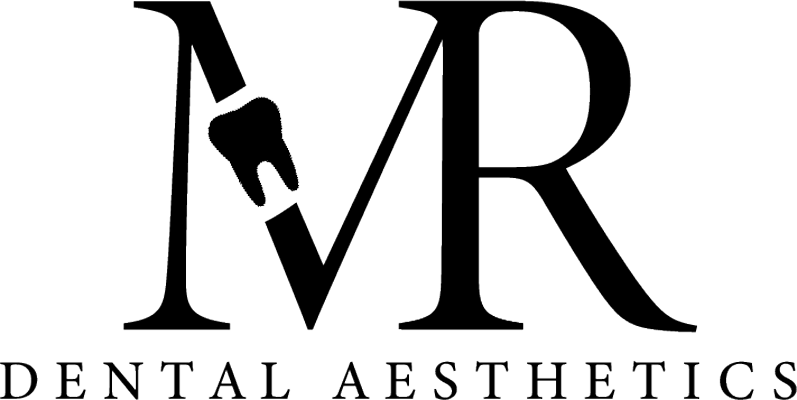If you grind your teeth or clench your jaw frequently, you might experience persistent headaches or difficulty eating. This is called a TMJ headache, and it’s caused by inflammation and stress on the temporomandibular joint (TMJ) in the jaw.
One of the most frustrating aspects of a TMJ headache is that it won’t go away with standard headache treatments. To relieve the pain and restore mobility, you need to address the underlying jaw issues. Here’s what you need to know about TMJ pain and headaches, and how to treat them.
How Can TMJ Cause Headaches?
Temporomandibular joint dysfunction, often abbreviated as TMJ or TMD, is a group of more than 30 conditions that affect the joint connecting your jaw and your skull. It can lead to pain, inflammation, and a lack of mobility. The TMJ influences all the muscles in your face and head, which is why TMJ can cause debilitating headaches and other symptoms.
There are many potential causes of TMJ, temple pain, and headaches. Many people develop this condition due to habitual jaw clenching and tooth grinding, which puts stress on the joint and leads to inflammation. However, it’s also possible to develop TMJ conditions due to genetics or jaw injury.
TMJ Headache Symptoms to Look Out For
TMJ-related pain and headaches typically don’t come out of nowhere. Early symptoms of TMJ issues often include:
- Tension in the face and jaw muscles
- Pain in the jaw and face
- A jaw popping or clicking sound
- Limited jaw movement, making it difficult to eat or speak
- Changes in the alignment of your bite (how your top and bottom teeth meet)
If you’re not sure whether your headaches are caused by TMJ, reach out to a dentist for advice.
TMJ Treatments
If you’re struggling with TMJ migraines, pains, or headaches, there are treatments available for you. Seeing a TMJ specialist can help you relieve the pain and tension so you can return to your daily routine. Here are some common dental treatments for TMJ:
Mouthguards
Mouthguards and nightguards hold your jaw in the correct position, preventing teeth grinding, which can cause TMJ headaches. Wear your mouthguard when you’re most likely to grind your teeth, whether at night or during the day while concentrating.
Occlusal Adjustment
Occlusal adjustment is a treatment often used for mild cases of TMJ. This procedure uses fillings and oral appliances to adjust the alignment of the teeth. This results in a straighter bite and removes imbalances that could be causing TMJ problems. However, this treatment may not be enough to resolve severe headaches.
Facial Rejuvenation
This treatment involves injecting a substance into the facial muscles to relax them, reducing the muscular tension that causes TMJ pain. It’s not just for cosmetic purposes but also effective for TMJ relief.
Dental Implants and Reconstruction
In cases where TMJ develops due to missing teeth altering the jaw structure, dental implants and mouth reconstruction may be necessary. Though invasive, these procedures may prevent future pain.
Physical and Cognitive Therapy
Regular physical and cognitive therapy sessions can both be beneficial for treating many TMJ symptoms, most notably jaw-clenching headaches. Physical therapy helps patients improve jaw mobility and learn how to relax important jaw muscles. If you clench your jaw during stress, cognitive therapy can also help you manage the feelings that cause this jaw clenching.
For detailed information about TMJ treatments like mouthguards, occlusal adjustments, and facial rejuvenation, check out our comprehensive guide on TMJ treatments.
TMJ Headache Relief Tips
Dealing with TMJ headaches can be challenging, but these tips can help alleviate symptoms in the short term:
Make Some Lifestyle Changes
In some cases, TMJ symptoms are exacerbated or partially caused by lifestyle factors. These include:
- Stress
- Gum chewing
- Eating hard or chewy foods
- Poor sleep habits
Adjusting your lifestyle to eliminate these factors can help you minimize headaches.
Use Over-the-Counter Treatments
If you’re experiencing ear-splitting pain, OTC anti-inflammatory treatments and painkillers can help relieve it in the short term. You can also use ice packs to calm inflammation or heat to relax the muscles and restore mobility to your jaw.
Exercise Your Jaw
Regular jaw exercise can strengthen your muscles and improve mobility. This reduces overall stress on your muscles, which can help prevent headaches.
- One popular exercise is mandibular stimulation, where you place your thumb under your jaw and apply pressure as you slowly open and close your mouth.
- You can also strengthen your jaw by placing your tongue on the roof of your mouth and opening your jaw as far as you can without changing your tongue position. These exercises use gentle resistance to strengthen your jaw.
Schedule TMJ Treatment in Beverly Hills
If you’re struggling with TMJ headaches, a dentist can help you identify the underlying problem and find the right treatment. Dr. Mahnaz Rashti is a Beverly Hills cosmetic dentist with a health-focused approach. At MJ Dental Aesthetics, you’ll experience a comfortable, welcoming environment and receive personalized care. Schedule an appointment today to find a solution to your TMJ pain.
Jaw Pain and Headache FAQs
Here are some of the most frequently asked questions we get about TMJ-related jaw pain and headaches.
What does a TMJ headache feel like?
A TMJ headache feels similar to a tension headache, creating pressure on one side of the face. It can also resemble a migraine, concentrated on one side of the face due to imbalances in the jaw muscles.
What painkillers stop TMJ headaches?
OTC painkillers like ibuprofen, naproxen, and aspirin can temporarily relieve TMJ headache pain. However, they don’t address the underlying cause and won’t prevent future headaches.
How long can a TMJ headache last?
Depending on the severity, a TMJ episode can last from a few hours to several weeks. Professional care can help alleviate symptoms more quickly.
What should I avoid during a TMJ headache?
Avoid chewing gum, eating hard or tough foods, and stressful situations, as these can worsen symptoms.
Can I use ice or heat on a sore jaw?
Yes, both ice and heat can be beneficial for a sore jaw. Ice is helpful for reducing inflammation and can be applied for five to 10 minutes. Heat can help relax the muscles and improve mobility, and should also be applied for less than 10 minutes.

